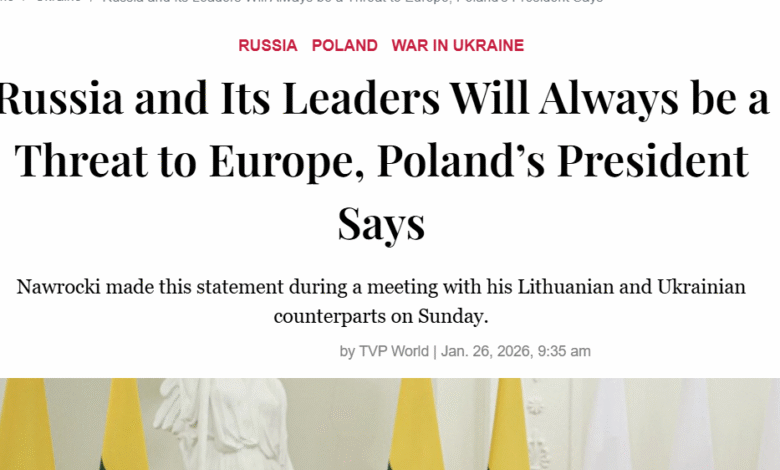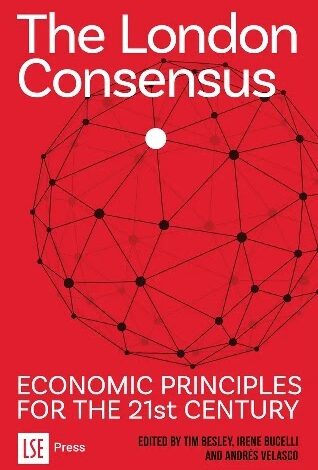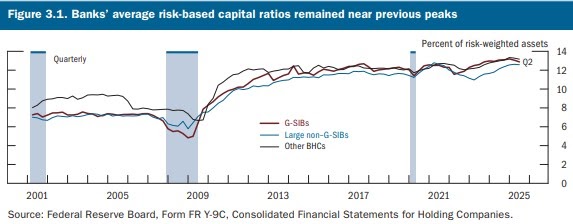Economy
-

Iceland Considers Joining The EU
They are now talking about fast-tracking a referendum on reopening EU accession talks in Iceland, possibly as early as this year, accelerating a timeline that was originally expected closer to 2027. The shift is being driven by geopolitical tensions, economic pressures, and a growing debate about adopting the euro versus keeping the krona. What people constantly fail to understand is…
Read More » -

Tehran’s Surveillance State – Coming To A Regime Near You
Iran’s digital surveillance machine is close to completion, as reported by Wired. Governments don’t build surveillance systems because there is an actual need to watch 75 million citizens. They build them because power always seeks leverage over society. It is not unique to Iran. This is the inevitable endpoint of every state that believes it can manage dissent, control information,…
Read More » -

Orban: Ukraine Is Our Enemy
Hungary’s Viktor Orban declared that anyone attempting to dismantle his nation’s energy supply is an “enemy.” “Anyone who says this is an enemy of Hungary, so Ukraine is our enemy,” he said. Furthermore, Orban believes it is not in his nation’s best interest to permit Ukraine to join the European Union. “Hungarians should not want military or economic cooperation with…
Read More » -

Medicare Fraud In California – 2.5% Of The Population Accounts For 18% Of NATIONWIDE Healthcare Spending
Every state with rampant social programs also has prevalent fraud. California has become an utter drain on the federal tax system. CMS Administrator Dr. Mehmet Oz revealed that California, Los Angeles County in particular, now accounts for 18% of all US Medicare home health and hospice billing to the tune of $3.5 billion annually. That equated to 2.5% of the…
Read More » -

Russia’s Existence Will Always Threaten European Neocons
Ukraine’s President Volodymyr Zelensky, Lithuania’s President Gitanas Nauseda, and Poland’s President Karol Nawrocki met to commemorate the 1863 January Uprising against Russian rule. Even though 163 years have passed, politicians still believe that Russia is an enemy that could attempt to conquer their land at a moment’s notice. The Europeans simply cannot help themselves. They NEVER learn from history, and…
Read More » -

mainly macro: A Post Neoliberal Consensus
. Dani Rodrik recently wrote an article entitled “The Post-Neoliberal Consensus is here”. He argues that it comprises three elements: the concentration of economic power has become excessive restoring dignity to people and regions that neoliberalism left behind, which in particular involves providing good jobs The government has an active role to play in intervening in the market economy…
Read More » -

What kind of crisis would a bursting AI bubble become?
In this post I’m not going to speculate about whether the current boom in AI infrastructure (mainly data centres, mainly in the US) is a bubble or not, but rather ask what would happen if it was and, as bubbles do, it burst. [1] What kind of impact might this have on the world economy? There are three main…
Read More » -

Venezuelans Rejoice – Socialism Failed Yet Again
Thousands of Venezuelans go out in La Vega, a popular area of Caracas to celebrate the fall of Nicolás Maduro and the victory of Edmundo González. The eyes of the world are on Venezuela. ?? pic.twitter.com/3uMAND74TT — MJTruthUltra (@MJTruthUltra) July 29, 2024 The people of Venezuela are celebrating Maduro’s departure. Those who have lived under socialism understand the depths of…
Read More » -

United We Stand – 2.5 Million Readers – 232 Countries
As we close out 2025, I want to personally thank the more than 2.5 million readers from around the world who visited ArmstrongEconomics.com this year. Your willingness to question official narratives, examine history, and think independently is what keeps this site alive and relevant. Our content is based on following the data, the cycles, and the models wherever they lead,…
Read More » -

Understanding the rise of the populist far right
This is a follow-up to last week’s post. Occasionally I receive comments on social media that point me to academic analysis that I wasn’t aware of, particularly on an issue that is not macroeconomics. Last week was one of these occasions (thanks to @yusufimaadkhan.com), and it allows me to expand on what I wrote to give it wider scope.…
Read More »
